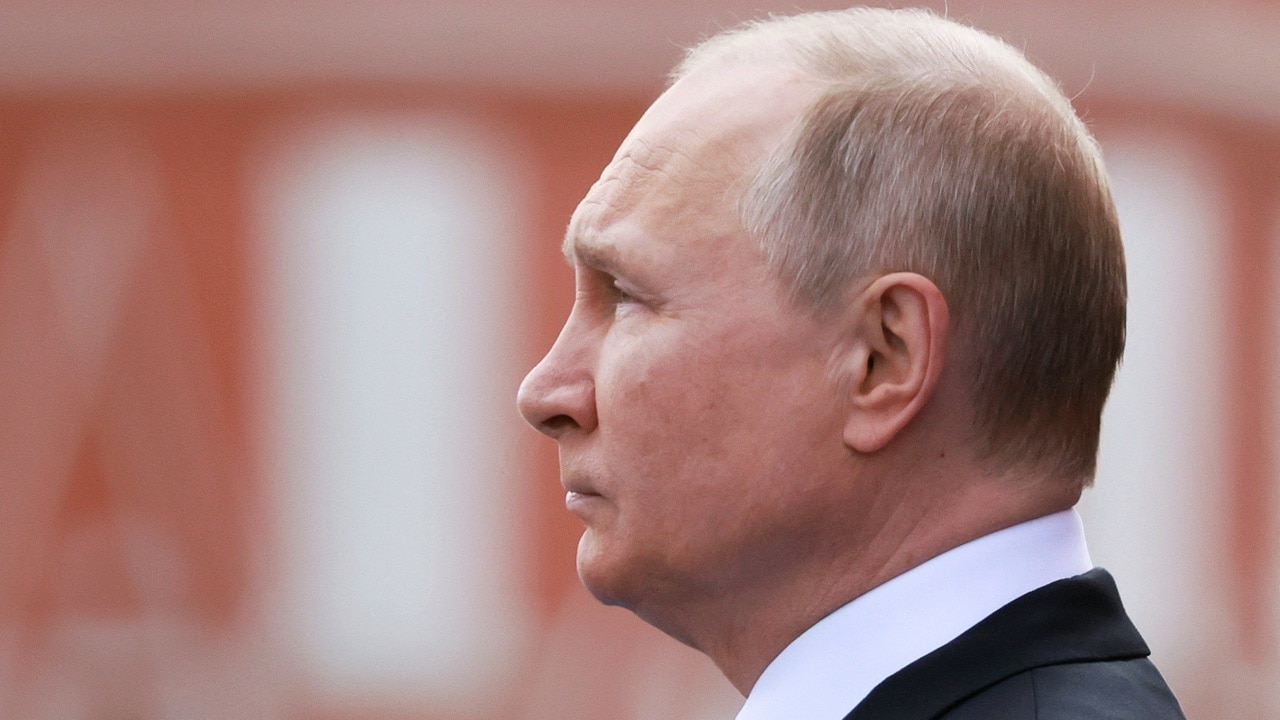Throughout the Ukraine war, U.S. policymakers have sought to walk a tightrope: On one hand, at least after National Security Advisor Jake Sullivan’s initial counsel to Ukrainian President Volodymyr Zelensky to flee, the Biden administration has supported Ukraine with weaponry to enable its fight. On the other hand, the White House fear that Russian President Vladimir Putin might lash out has led the United States to limit the range and precision of weapons provided to Kyiv.
(Subscribe to Our YouTube Channel Here)
Every so often Putin or his proxies raises the prospect of nuclear war just to ensure that Ukraine’s supporters do not provide Kyiv with any platform that could allow Ukraine to take the fight to Russia or territory that Russia illicitly claims, such as Crimea.
For Putin, isolated in Moscow, his Black Sea palace, or his bunker in the Urals, it is a good strategy: He can continue with violence against Ukraine and see what works, without worry that he will pay a cost even those trapped in a Russian propaganda bubble cannot ignore.
Russia is Setting an Example with its “Strategic Military Operation”
American diplomats are often reactive and approach crises with myopia. What happens in Ukraine doesn’t stay in Ukraine, however. The State Department or National Security Council seldom consider how the precedents they set can diminish the cost of aggression elsewhere.
Consider Turkey: In recent days, Turkey’s President Recep Tayyip Erdogan has repeatedly threatened to fire ballistic missiles at Athens unless Greece compromises on its sovereignty in the Aegean Sea. Erdogan’s threats were both predictable, given State Department’s “bothsiderism,” and given how he has seen Putin’s bombast work.
Erdogan’s threats against Greece predate the Biden administration. Both Presidents Obama and Trump were uneven at best when it came to Turkey, and conciliatory at worst. As President Joe Biden has sought to appease Turkey, however, threats have grown worse. Erdogan’s demands upon Greece are as unreasonable and predatory, as were Putin’s threats upon Ukraine. Senate Foreign Relations Committee Chairman Bob Menendez is correct to state that the United States needs to hold Erdogan accountable for his actions. Erdogan operates under the illusion that there will be no cost to his bluster, because he has seen the White House and State Department effectively immunize his peers who, like Erdogan, want to overturn the post-World War II liberal order.
Rather than equivocate, the best way forward is to show Turkey that aggression is not risk-free. The threats Erdogan now makes should suffice for an end to all military sales and cooperation with Turkey. Just as President Ronald Reagan once put an embargo on Cyprus, today it is time for Biden—or Congress if Biden will not step up—to put an embargo on Turkey. Nor should there be any more port calls or joint exercises. The U.S. Air Force should relocate from Incirlik. Picture the military equivalent of the Baltimore Colts departing for Indianapolis in the middle of the night.
The United States should guarantee both Greece and Cyprus a qualitative military edge. The best offense is a strong defense: The United States should deploy anti-missile and anti-drone systems to Greece and Cyprus today, rather than after any accident or strike. Likewise, the best way to deter an unstable dictator in Turkey from attacking Greece’s largest city and capital is to ensure that Greece has the ability to retaliate in kind. Finally, it is important to clarify that Erdogan may want to distract the Turks from his economic mismanagement by talking about a revision of the Lausanne Treaty and Montreux Convention, but any change will not be in Turkey’s favor.
The best way to ensure peace is to raise the cost of war. The problem the White House must address is that it has convinced dictators they can act without cost. So long as Putin, Xi, or Erdogan believe themselves immune from the consequence of aggression, then an attack becomes more likely.
The situation in the Eastern Mediterranean is growing more dangerous daily. The White House and Pentagon can no longer simply wish Erdogan’s arrogance and aggression away. It is time to swat the fly.
Author Expertise and Experience: Now a 19FortyFive Contributing Editor, Dr. Michael Rubin is a Senior Fellow at the American Enterprise Institute (AEI). Dr. Rubin is the author, coauthor, and coeditor of several books exploring diplomacy, Iranian history, Arab culture, Kurdish studies, and Shi’ite politics, including “Seven Pillars: What Really Causes Instability in the Middle East?” (AEI Press, 2019); “Kurdistan Rising” (AEI Press, 2016); “Dancing with the Devil: The Perils of Engaging Rogue Regimes” (Encounter Books, 2014); and “Eternal Iran: Continuity and Chaos” (Palgrave, 2005).

